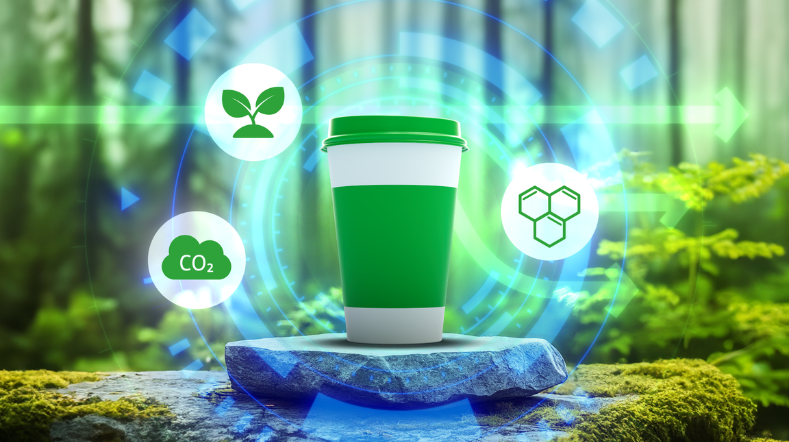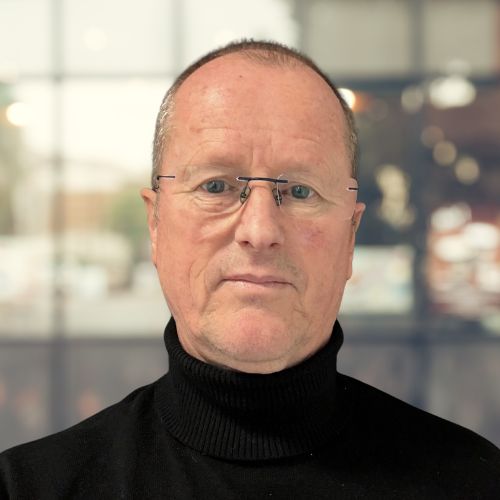
Brightlands Circular Space: promising innovation with circular plastics
The Netherlands aims for 50% circularity by 2030 and 100% by 2050. These goals put great pressure on the whole supply chain, from plastics producers to waste processors. Companies are investing heavily to produce plastics more sustainably and recycle them at high quality. But how do you know if you are making the right choices?
Brightlands Circular Space (BCS) helps companies in the plastics industry arrive at the right innovative solutions. You can develop and test technologies and products, share knowledge, and develop new business models together with other parties in the supply chain. This will give you confidence to take the step towards a circular future.
Challenges in plastic recycling
Plastics are indispensable because of their versatility and low cost. But the high environmental impact makes the transition to circular plastics essential. There are many challenges for companies – technical, economical, and societal – in completing the plastics cycle.
Technical challenges
Not all plastics are easy to recycle. They often consist of several types of plastic or are mixed with other materials.
Plastic waste streams are contaminated and consist of ever-changing types of plastic. This makes it challenging to separate waste in such a way that it can be used for high-value applications.
In high-value recycling, it is essential to know the impact on the quality and functional properties of the final product. It must be possible for producers to have confidence in both the origin and consistency of quality of the recycled material.
As well as developing recycling technologies, we need to design products that are easy to recycle.
Economic and societal challenges
The plastic ecosystem is complex; the transition to a circular economy requires companies to adopt different ways of working together and new revenue models. Companies will work more closely with suppliers and clients to reuse materials and products effectively. This requires transparency and communication throughout the supply chain.
It is crucial to collaborate on innovation in materials and products, and manufacturing processes. There will be a stronger focus on managing the entire life cycle of products, and waste streams will be given values. This will create new revenue models to promote reuse and recycling.
In addition, legislation and regulations are adjusted, such as rules on the requirements that products must comply with. These challenges call for a concerted effort by companies, public authorities, and other stakeholders to achieve a successful transition to a circular economy for circular plastics.
Turning challenges into practical opportunities
We offer companies and researchers space for co-creation and innovation. BCS gives access to facilities representing the whole supply chain. New technologies and applications can be developed together with our experts and scientists.
Together with producers, we develop new products and explore ways to ensure consistent quality.
In addition, we can perform an impact analysis of the product properties of the recyclate. It is possible to actually develop, test, and evaluate products.
Plastic waste processors can use test set-ups to develop new separation methods, with the aim of obtaining high-quality end products for recycling.
Faster innovation with fewer risks and more opportunities
Testing in a realistic environment before modifying the production line reduces the risks of downtime, unexpected costs, and quality problems. This speeds up the implementation of new developments and increases reliability. Bringing together scientists, plastic manufacturers, designers, brand owners, and consumers will accelerate innovations and opportunities for the circular plastic transition.
All facilities for a circular supply chain
Several research facilities are being built at BCS that will be openly accessible.
- House for Circular Co-creation for innovation and collaboration;
- Polymer Processing facility for processing various types of polymers to create end products;
- Waste Preprocessing facility for cleaner separation of plastic waste.
The facilities offer the opportunity to scale up innovations from lab level to demonstration scale. In this way, new applications can be validated in an industrial context, including an elaborated business case to prepare them properly for a market launch.
Be among the first to use Brightlands Circular Space
Brightlands Circular Space is an initiative of TNO, Maastricht University, and Brightlands Chemelot Campus. Do you want to be among the first to use the facilities? Feel free to contact Peter Versloot, Senior Business Developer Circular Plastics.
Get inspired
Report: Drop-in solutions as an accelerator of biobased chemistry
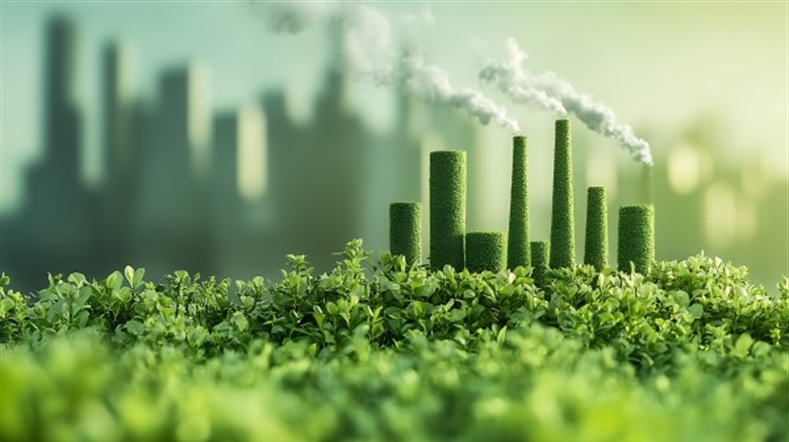

New routes for sorting and composite separation
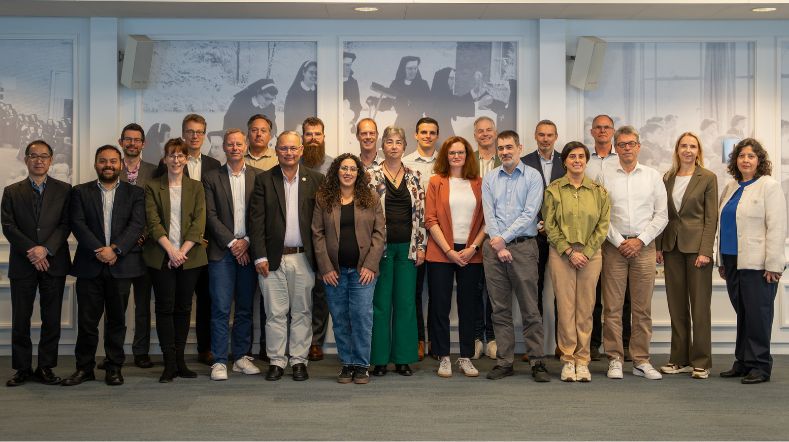

HyFINE: Pioneering sustainable routes for specialty and fine chemicals
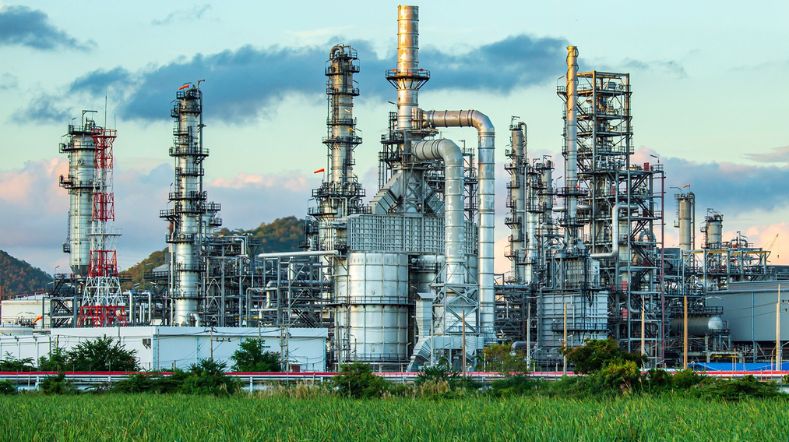

From lab to market: TNO steps up sustainable plastic recycling with dissolution
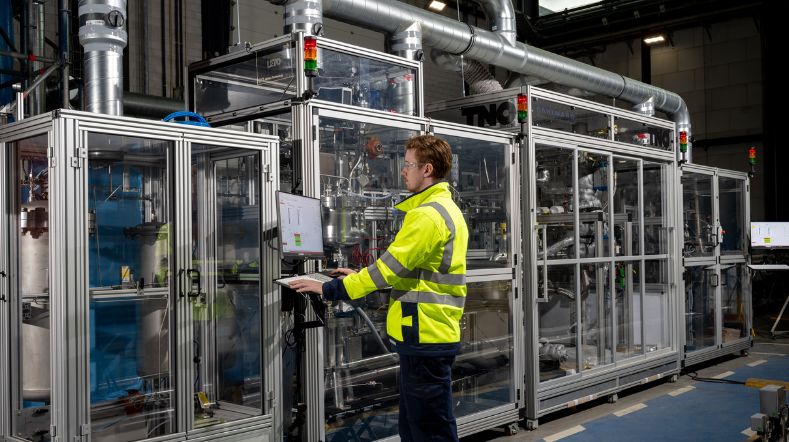

Webinar: Biobased plastics in a sustainable future
